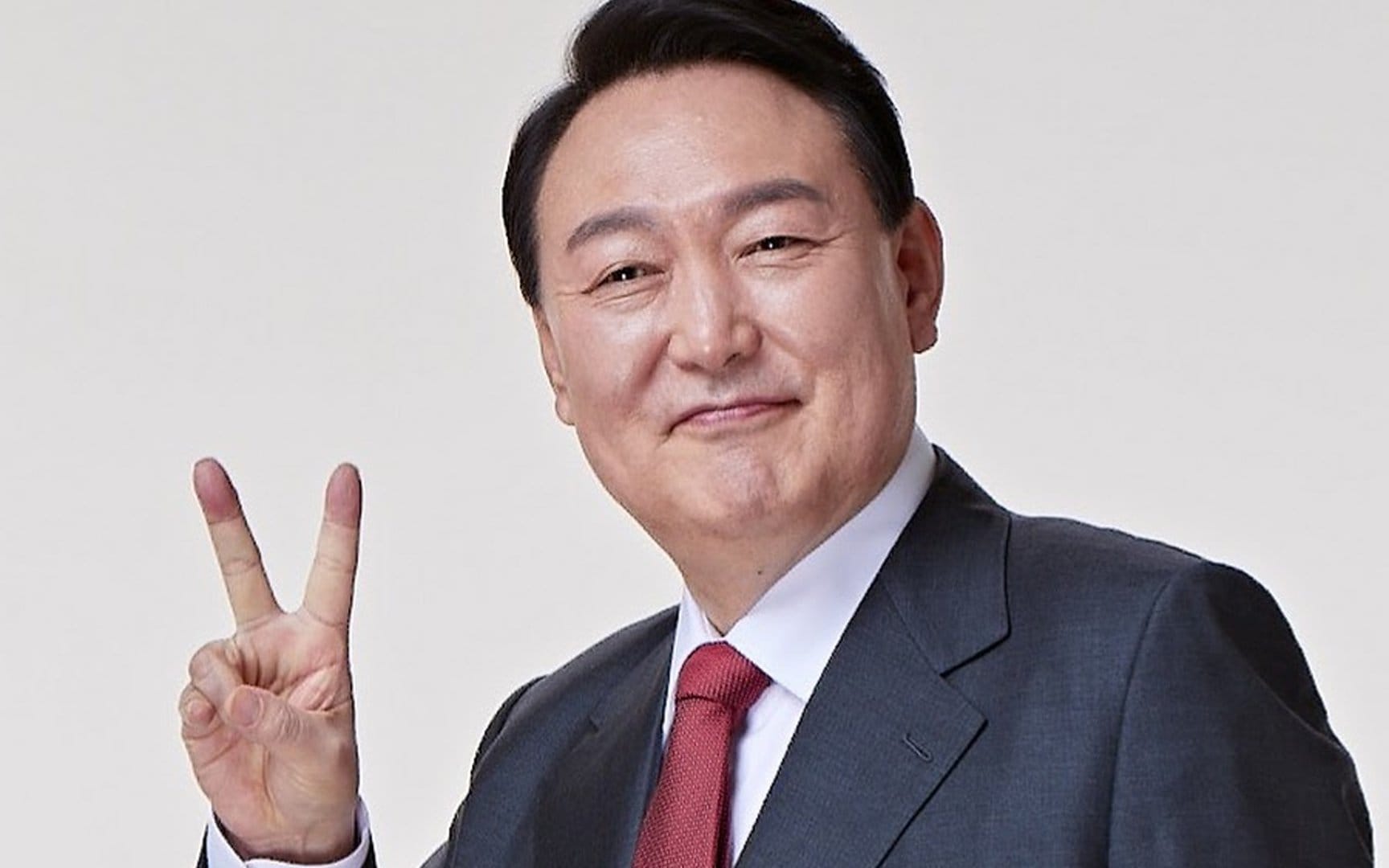The Minnesota House of Representatives witnessed a significant political maneuver as members of the Democratic-Farmer-Labor (DFL) party chose to boycott the opening session of the legislative year. This decision was not made lightly; it was a calculated effort to disrupt the normal proceedings of the chamber and draw attention to specific issues that the DFL believes are being overlooked by the majority party.
The boycott was characterized by a notable absence of DFL members, who collectively decided that their presence would not contribute to a productive session under the current circumstances. This action is part of a broader strategy by the DFL to assert their influence and push for a legislative agenda that aligns more closely with their priorities. The DFL has expressed concerns over various issues, including funding for education, healthcare access, and social services, which they argue are critical for the well-being of Minnesota residents.
The opening session of the Minnesota House is traditionally a time for lawmakers to set the tone for the legislative year, outline their priorities, and begin discussions on key issues. However, the DFL’s decision to boycott this session has thrown a wrench into these plans. By refusing to participate, they aim to signal their discontent with the current leadership and the direction in which the legislature is heading.
This boycott is not an isolated incident but rather part of a series of actions taken by the DFL in recent months. The party has been vocal about their dissatisfaction with the majority party’s handling of various legislative matters. They argue that important issues are being sidelined in favor of partisan agendas, which they believe undermines the democratic process and the needs of the constituents they represent.
The implications of this boycott extend beyond the immediate disruption of the session. It raises questions about the effectiveness of the legislative process in Minnesota and the ability of lawmakers to work collaboratively across party lines. The DFL’s actions may also inspire similar tactics from other parties or factions within the legislature, leading to a more contentious and polarized environment.
In response to the boycott, leaders from the majority party have expressed their disappointment and frustration. They argue that the DFL’s decision to withdraw from the session is counterproductive and does not serve the interests of the people of Minnesota. They emphasize the importance of dialogue and collaboration in addressing the challenges facing the state and urge their colleagues to engage in constructive discussions rather than resorting to boycotts.
As the legislative session progresses, the DFL’s boycott will likely continue to be a topic of discussion among lawmakers and constituents alike. Observers will be watching closely to see how this situation unfolds and whether it leads to any significant changes in the legislative landscape. The DFL’s strategy may also influence public opinion, as constituents weigh the effectiveness of their representatives in advocating for their needs.
In the coming weeks, the DFL will need to navigate the consequences of their boycott and determine their next steps. They may seek to rally public support for their causes, engage in grassroots organizing, or explore other avenues to exert pressure on the majority party. The outcome of this situation could have lasting implications for the political dynamics in Minnesota and the effectiveness of the legislative process.
Ultimately, the boycott by the Minnesota House DFLers serves as a reminder of the complexities of governance and the challenges that arise when differing political ideologies clash. As lawmakers strive to represent their constituents and address pressing issues, the need for cooperation and compromise remains paramount. The actions taken by the DFL may be seen as a call to action for all members of the legislature to prioritize the needs of the people they serve above partisan interests.


